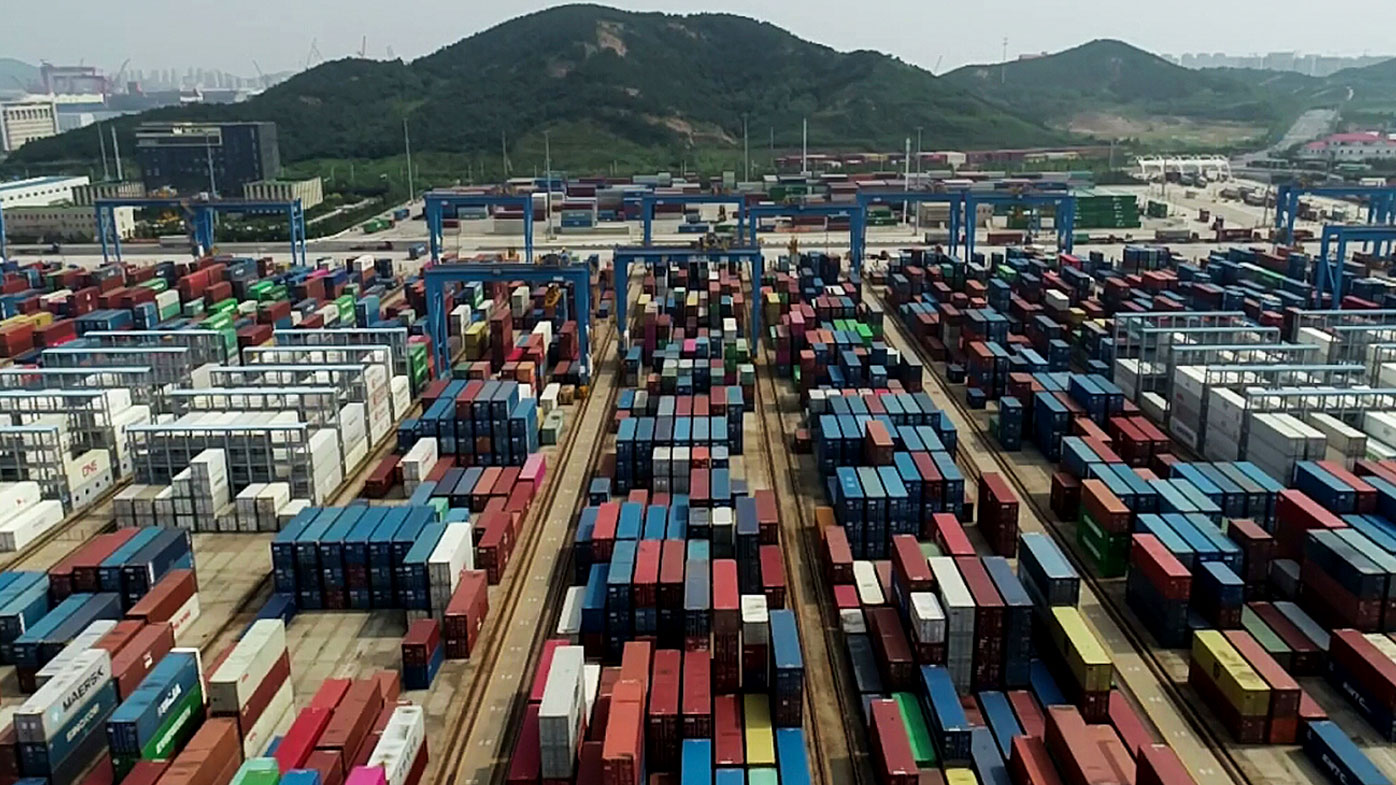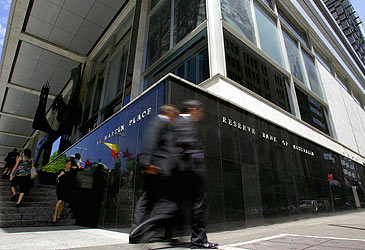The global economy is likely slowing sharply this year, hobbled by high interest rates, the repercussions of Russia's invasion of Ukraine and the lingering effects of the coronavirus pandemic.
That's the latest outlook of the World Bank, a 189-country anti-poverty agency, which estimates that the international economy will expand just 2.1 per cent in 2023 after growing 3.1 per cent in 2022.
Indermit Gill, the World Bank's chief economist, called the latest findings "another gloomy report". The bank, he said, expects "last year's sharp and synchronised slowdown to continue to this year into a sharp slowdown".
READ MORE: RBA delivers shock rate hike as mortgage costs spiral

"By the end of next year, a third of the developing world will not meet the per-capita income level that they had at the end of 2019," he said.
Still, the bank's latest Global Economic Prospects report marks an upgrade from its previous forecast in January. That estimate had envisioned worldwide growth of just 1.7 per cent this year.
The United States Federal Reserve and other major central banks have been aggressively raising interest rates to combat a resurgence of inflation, set off by a stronger-than-expected rebound from the pandemic recession, persistent supply shortages and energy and food price shocks caused by the Ukraine war.
The Reserve Bank of Australia on Tuesday delivered a shock 12th rate hike since May last year, deciding to lift interest rates in a bid to tackle persistently high inflation.
READ MORE: National 'misery index' up 220 per cent as Aussies struggle

The central bank chose to lift the cash rate target by 25 basis points to 4.10 per cent, surprising the financial markets and the majority of economists who predicted a pause on rate hikes in June.
But the global economy has proved surprisingly resilient in the face of higher borrowing costs, and the World Bank predicts that growth will accelerate to 2.4 per cent in 2024.
The US has continued to generate unexpectedly robust job gains — employers added 339,000 workers in May, far more than economists had forecast — even though the Fed has raised its benchmark rate 10 times in the past 15 months. In its report on Tuesday (Wednesday AEDT), the World Bank upgraded its forecast for US economic growth this year to 1.1 per cent. Though weak, that is more than double the growth the World Bank had envisioned in January.
The eurozone, which represents the 20 countries that share the euro currency, is expected to post collective growth of 0.4 per cent this year. That, too, marks a slight upgrade: In January, the World Bank had expected no growth at all for the eurozone this year. Europe, struggling with higher energy prices caused by the Ukraine war, enjoyed relief from a surprisingly warm winter, which reduced demand for heat.

The World Bank upgraded its 2023 outlook for China after Beijing late last year relaxed its draconian zero-COVID policies, which had restricted travel and hammered its economy. The world's second-biggest economy is now expected to grow 5.6 per cent in 2023, up from 3 per cent last year.
The World Bank envisions Japan's growth decelerating to 0.8 per cent this year from 1 per cent in 2022. It foresees India's growth slowing to a still-strong 6.3 per cent from 7.2 per cent last year.
The bank predicts that global trade will slow markedly this year. It foresees a sharp drop in the price of energy and other commodities this year and next.
Sign up here to receive our daily newsletters and breaking news alerts, sent straight to your inbox.
